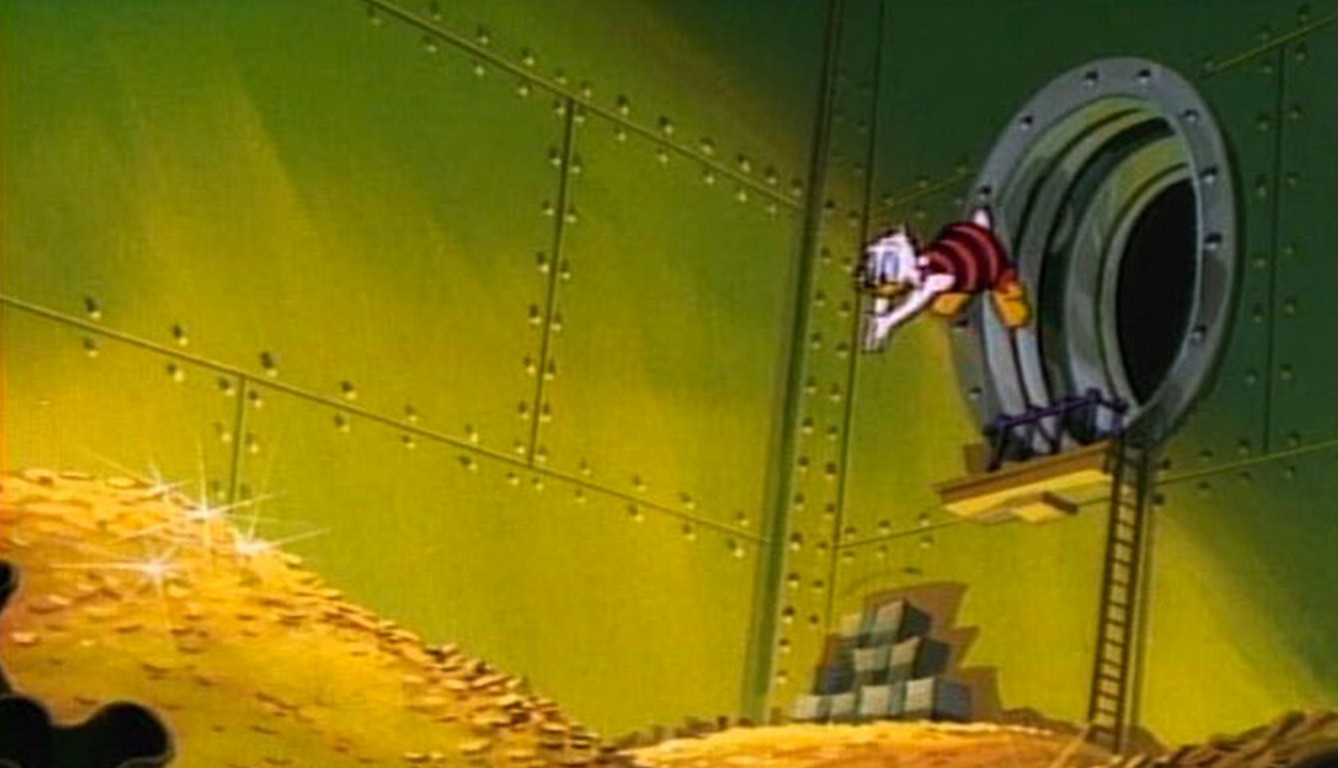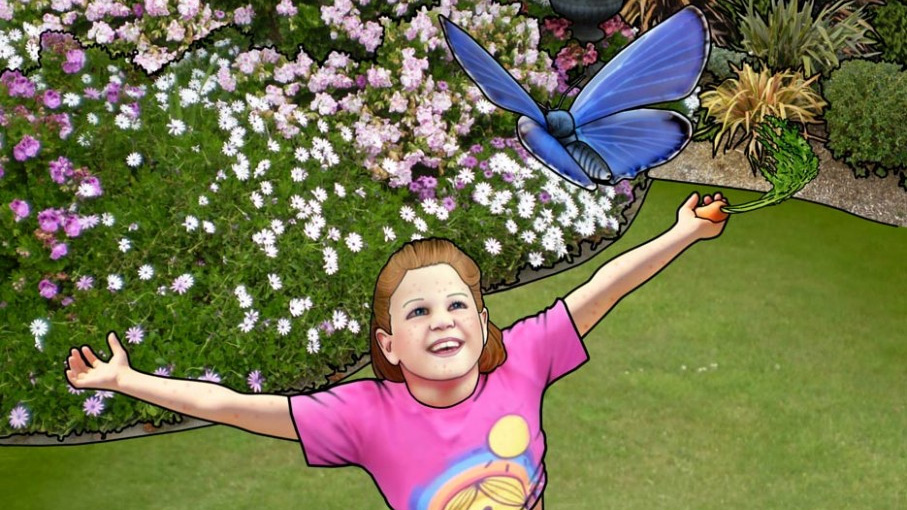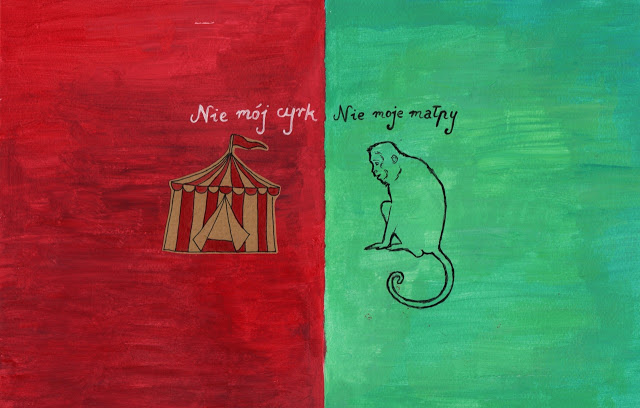Before Tuesday, nobody really knew what Pluto looked like. But since 1933, its (now former) status as “the ninth planet” merited its inclusion in countless depictions of the Solar System. Which means up until Tuesday, every time a TV show showed a picture of Pluto they were largely guessing.
So . . . how well did they guess? In the game of “pin the proper coloration and topology on the barely-visible dwarf planet”, who came closest to winning?
Continue reading “How Good Were We At Guessing What Pluto Would Look Like?”





